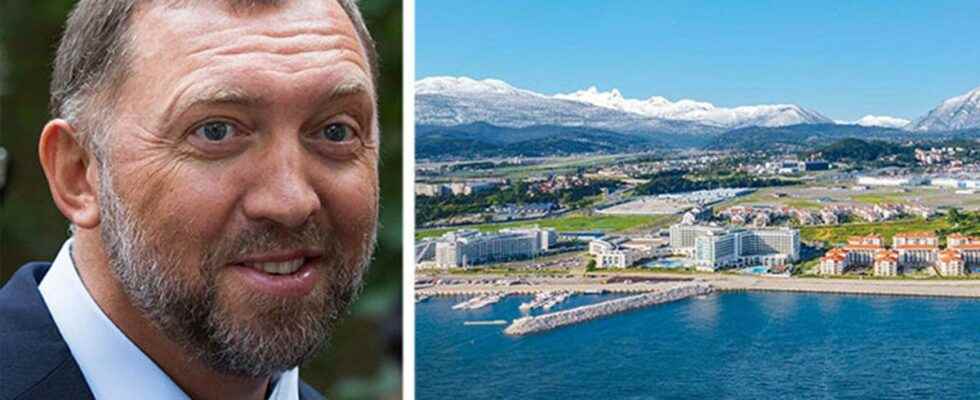Published: Just now
Oleg Deripaska called the Russian invasion of Ukraine “madness”.
Now the billionaire with interests in Sweden has gotten rid of his luxury hotel in Sochi.
– The Kremlin asked him to calm down, says a person close to Deripaska Financial Times.
The fortunes of the Russian oligarchs have dwindled since the EU tightened its sanctions, but despite this, only a few have dared to criticize Vladimir Putin’s war in Ukraine.
One of them is the industrial magnate Oleg Deripaska, who is a major shareholder in several Swedish companies, including the aluminum smelter Kubal in Sundsvall.
In March, he said that a “hell of ideological mobilization is going on” and that his personal opinion was that the war in Ukraine was “madness” that would shame future generations.
A statement that was not appreciated by the regime in the Kremlin.
Taken over by Putin’s buddy
According to the Financial Times, a Russian court has ordered the seizure of Deripaska’s hotel in Sochi after urging him to tone down his criticism.
The hotel was built for the 2014 Winter Olympics and is said to have cost close to ten billion kroner. It has since been transformed into a luxury residence with a marina and swimming pools. The area consists of a series of buildings and stretches 1.5 kilometers along the Black Sea coast.
Documents seen by the Financial Times show that the buildings have been taken over by Vladimir Putin’s close friend Sergei Roldugin, described as “a guardian of the Russian president’s hidden assets”.
Demands six billion in a Swedish court
However, the fight for the luxury hotel is not the oligarch’s only main concern. Since this spring, he has been placed on the EU’s sanctions list and is at the same time involved in a high-profile dispute in Sweden.
When the Russian billionaire lost his investments in Montenegro, he turned to the Stockholm International Chamber of Commerce, which usually acts as an arbitration court in international business disputes, to demand the equivalent of six billion kroner back.
The Svea Court of Appeal gave him a cold hand and was forced to lighten the sanctions in order to be able to pay the court costs of around SEK 6.8 million, but the door is not completely closed.
The Court of Appeal considers that several question marks remain and believes that the judgment should be appealed to the Supreme Court.
